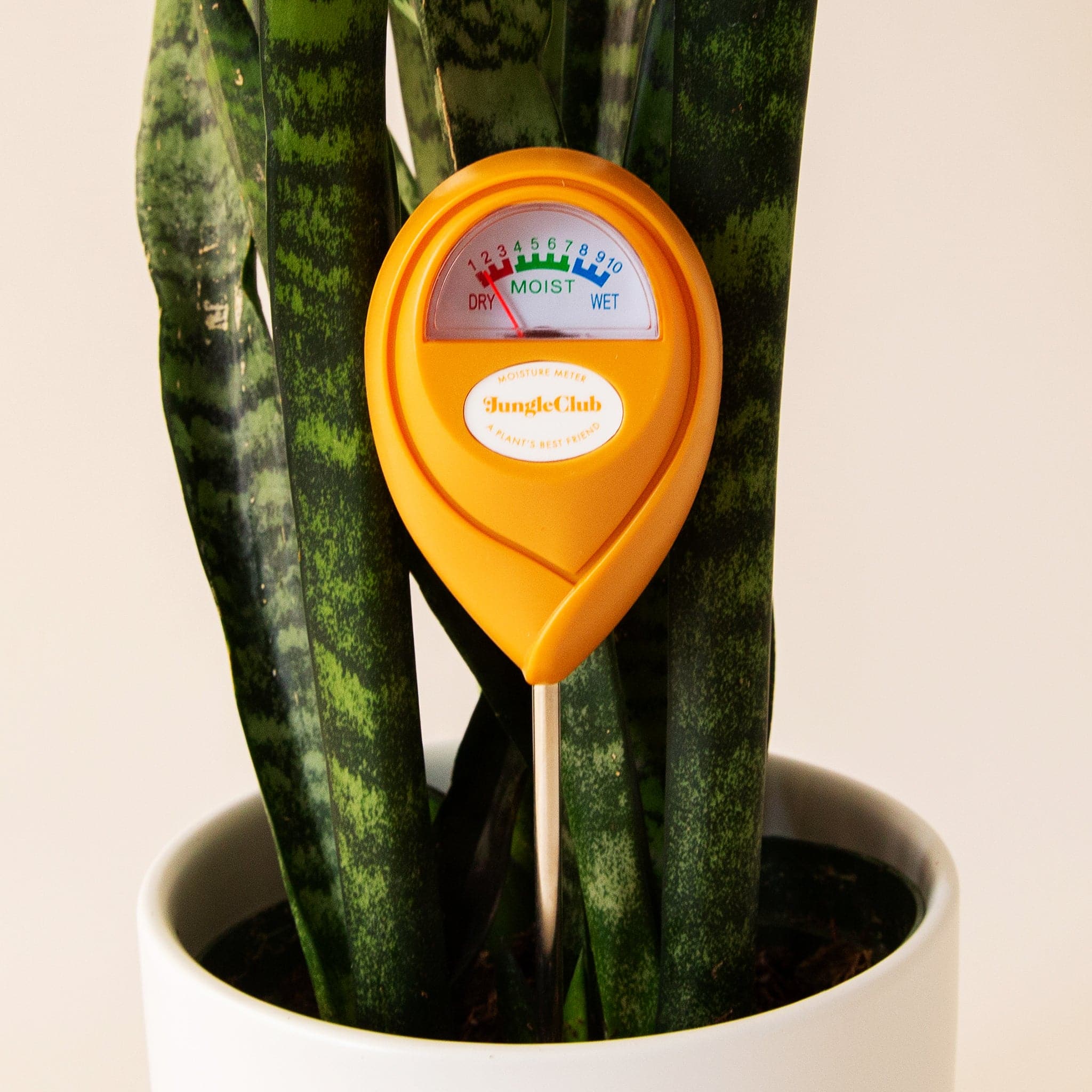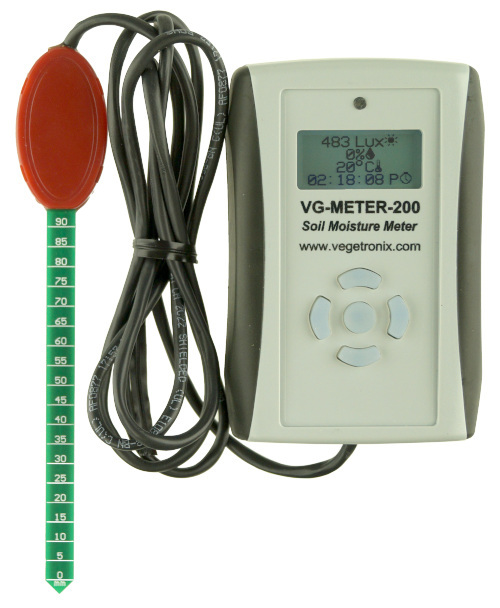The Ultimate Guide to Moisture Meters: A Comprehensive Introduction and Exactly How They Can Save You Cash
Moisture meters serve as crucial devices in finding and monitoring moisture material in materials, assisting in preventing expensive problems and making certain the top quality of products. Recognizing the subtleties of various types of dampness meters, their applications, and the potential cost-saving benefits they offer can be a game-changer for specialists and services alike.
Sorts Of Dampness Meters
One typical kind is the pin-type dampness meter, which measures the electrical resistance in between two pins put into a product. Pinless dampness meters, on the various other hand, use electromagnetic sensor plates to check a larger area without creating damage to the product's surface.

Infrared wetness meters measure the thermal buildings of a material to determine its dampness content non-invasively, making them helpful for applications where pin or pinless meters may not be ideal. Understanding the various types of dampness meters readily available can help markets select the most suitable device for their particular wetness measurement needs.

Benefits of Making Use Of Moisture Meters
Wetness meters offer vital benefits in properly monitoring and assessing moisture levels in diverse products and settings (Moisture Meter). Among the primary advantages of utilizing wetness meters is the prevention of prospective damages triggered by excess wetness. By finding and resolving high wetness levels at an early stage, wetness meters help to prevent mold growth, rot, and structural damage in buildings, saving both time and cash on repair services. In addition, moisture meters aid in making certain the high quality of products throughout building and construction or production procedures. By precisely measuring dampness web content, these tools help preserve the stability of wood, drywall, concrete, and other products, lowering the threat of failures or flaws.
Additionally, utilizing moisture meters can lead to enhanced energy efficiency. By determining areas with high wetness degrees, such as leaks or bad insulation, changes can be made to boost power conservation and lower utility expenses. In agricultural setups, wetness meters play a crucial role in maximizing crop returns by making it possible for farmers to keep track of dirt dampness degrees and make notified watering decisions. On the whole, the benefits of using wetness meters span throughout different industries, providing economical services and advertising much better quality assurance practices.
Just How to Pick the Right Dampness Meter
Picking the proper wetness meter includes taking into consideration essential factors such as material compatibility, measurement variety, and calibration precision. When selecting a moisture meter, it's vital to make sure that the meter is ideal for the particular material you will certainly be testing. Various materials have varying electrical buildings that can affect wetness readings, so choosing a meter designed for your product is important for exact outcomes. In addition, consider the measurement range of the wetness meter. Make sure that the meter can find dampness degrees within the array needed for your applications. Calibration precision is an additional critical factor to remember. Choose a wetness meter with trusted calibration to make certain precise and consistent readings. Some meters may call for routine calibration changes, so recognizing the calibration procedure is important. By carefully assessing these elements, you can select a moisture meter that meets your needs and provides precise wetness measurements for your tasks.
Proper Techniques for Wetness Meter Use

Price Savings Through Wetness Meter Applications
Just how can the strategic usage of moisture meters result in considerable expense savings across different sectors? Dampness meters play an important function in expense savings by stopping possible damages and making sure quality control in different markets. In the farming market, moisture meters aid in establishing the optimum time for gathering crops, protecting against over-drying or excess moisture that can influence the end product's high quality. This precise tracking aids farmers stay clear of unneeded losses and maximize their return.
Similarly, in building, dampness meters assist protect against pricey damages by discovering dampness levels in structure products, such as wood or concrete, which can result in architectural issues otherwise attended to without delay. By identifying problem areas beforehand, professionals can take corrective measures to stay clear of considerable repairs or substitutes, ultimately conserving money and time.
Furthermore, in the food handling market, moisture meters are necessary for keeping an read the full info here eye on product quality and making certain conformity with safety guidelines. By properly gauging moisture content in foodstuff, manufacturers can avoid spoilage, maintain quality, and decrease waste, causing substantial price financial savings. In general, the tactical application of dampness meters is an important investment that can result in significant cost decreases and enhanced performance throughout various sectors.
Final Thought
Finally, wetness meters are important devices for determining and discovering wetness levels in various materials. By utilizing the ideal wetness meter and adhering to proper methods, users can properly prevent pricey problems triggered by excess wetness. Purchasing a quality wetness meter can lead to considerable expense financial savings in the lengthy run by recognizing potential problems early and enabling prompt remediation. Ultimately, wetness meters are important instruments for preserving the honesty and durability of structures and products.
Dampness meters offer as crucial devices in spotting and keeping an eye on moisture web content in why not try this out materials, aiding in protecting against expensive problems and ensuring the high quality of products. Infrared dampness meters determine the thermal buildings of a product to establish its wetness web content non-invasively, making them useful for applications where pin or pinless meters may not be suitable.Dampness meters supply invaluable advantages in properly checking and evaluating dampness levels in varied materials and settings. In farming settings, dampness meters play an important duty in maximizing plant yields by allowing farmers to check soil dampness levels and make informed watering decisions.In final thought, moisture meters are useful devices for discovering and gauging wetness degrees in various materials.